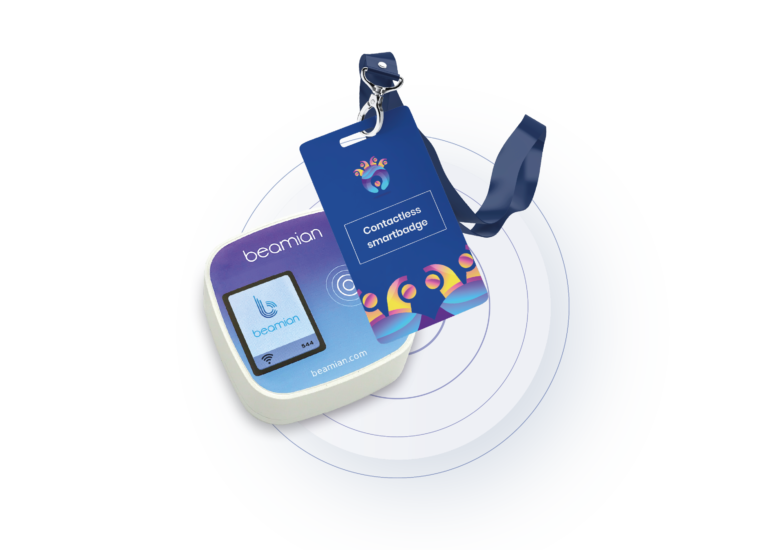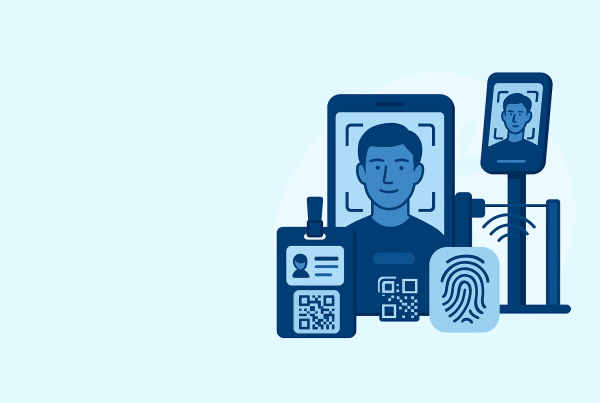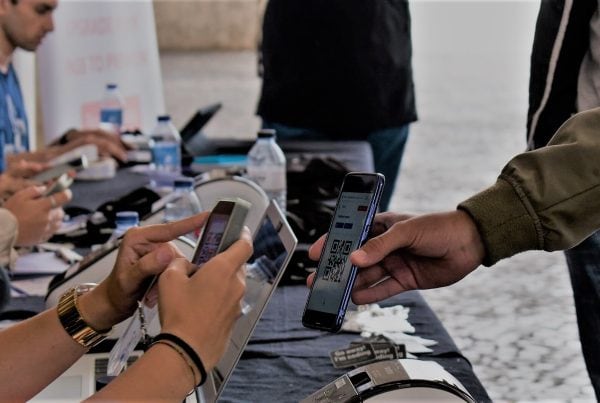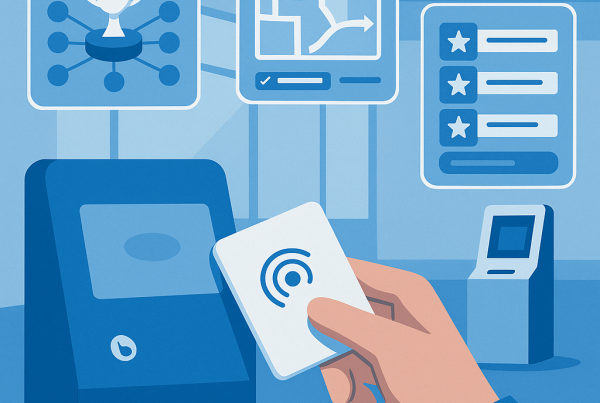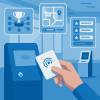There is a way to do business better than before – hence many global corporations are scrambling to adjust to the new reality of captivating digital events. And though many event profs have clung to the hope that in-person events would be possible sooner rather than later, they’ve returned with new patterns for engagement, accessibility, and process facilitation.
The future of events is phygital, asynchronous and immersive, forcing event marketing strategies born in the analog age to evolve. But while it’s time to blend the experience of face-to-face connection with digital convenience, driving this transition forward and creating an event strategy to meet today’s demands doesn’t have to be overwhelming. That’s why we’ve created this short list of must-have event management software features for running great, stress-free events:
1. Simplify and digitize your event registration, check-in process and capacity control
It’s not hard to understand – the speed of event management is directly proportional to the number of attendees you have to deal with. Fortunately, old-fashioned spreadsheets and paper registration forms have grown into an automated system that allows handling sophisticated event processes digitally. The use of an effective event management platform with event check-in and guest list management features is the lifeline of large-scale events that need to have real-time control over entries and exits to specific sessions, conference rooms or VIP areas. Learn more about contactless event check-in and capacity control.
2. Choose a reliable and multifunctional live streaming platform
Hybrid events do take a little bit of support to achieve their full potential. After all, event professionals want to create a great event experience for all guests, regardless the channel they chose to attend the event. While technology enables event live streaming and web conferencing, technical help is needed to support the behind-the-scenes of your event production – not surprisingly, live streaming quality is a main concern to event planners. Find out more about our production services for digital events.
3. Pick an event management platform that suits your event needs
Priorities for an event management platform should include the ability to customize a fully omnichannel experience, how simple it’s to set up the event for both virtual and in-person environments, the ease of use and data reporting for business tracking and future editions. Nevertheless, success is not only made of high-level technology and you’ll surely need some expert help before, during and after showtime. Choosing an event platform with the right level of customer success will also make your experience integrating digital tools into your events more seamless.
4. Get tools to create and measure attendee engagement also capturing valuable event data
Audiences are growing increasingly digitally savvy. So more and more, the expectation of highly interactive experiences is driving the audiences’ engagement during events. Choosing a platform that makes the UX and interaction design a breeze may seem obvious, but less so are the attributes that make in-person event interactions measurable to exhibitors and organizers. Can you imagine capturing leads at events with a unique lead retrieval tool that increases contact sharing by 40x?
To read on: 5 reasons why your event needs new lead capture tactics
5. Use advanced and user-friendly lead capture tools
Supercharging your exhibitor lead retrieval with innovative tools that capture contact details and generate maximum ROI from a presence at your event is essential. Our ID-tech equipment digitally identifies every exhibitor booth and every event-goer, allowing exhibitors to collect only qualified leads and facilitate immediate follow-up through real-time data streams. Speaking of it, get to know how event tech makes the perfect badge.
6. Offer contactless solutions for your event
Event platforms with a strong data component give exhibitors the ability to track their impact in real-time, with customized reports showing their performance indicators like shared contacts, product interactions or bookings as a favorite. And smart badges are the forerunners of this data-based environment (alongside with exhibitors’ electronic identifiers), as they gather all visitor information from the registration process and then act as a contactless solution that enables users to share contacts in a digital way. After the hardware does its job, it’s the software’s turn to take over and create granular data to be displayed. Wondering why contactless will drive your event to succeed?
Being equipped with contactless solutions for events will prepare you for the prominence of digital natives and take advantage of the power of data and personalization in creating engaging and immersive event experiences.


